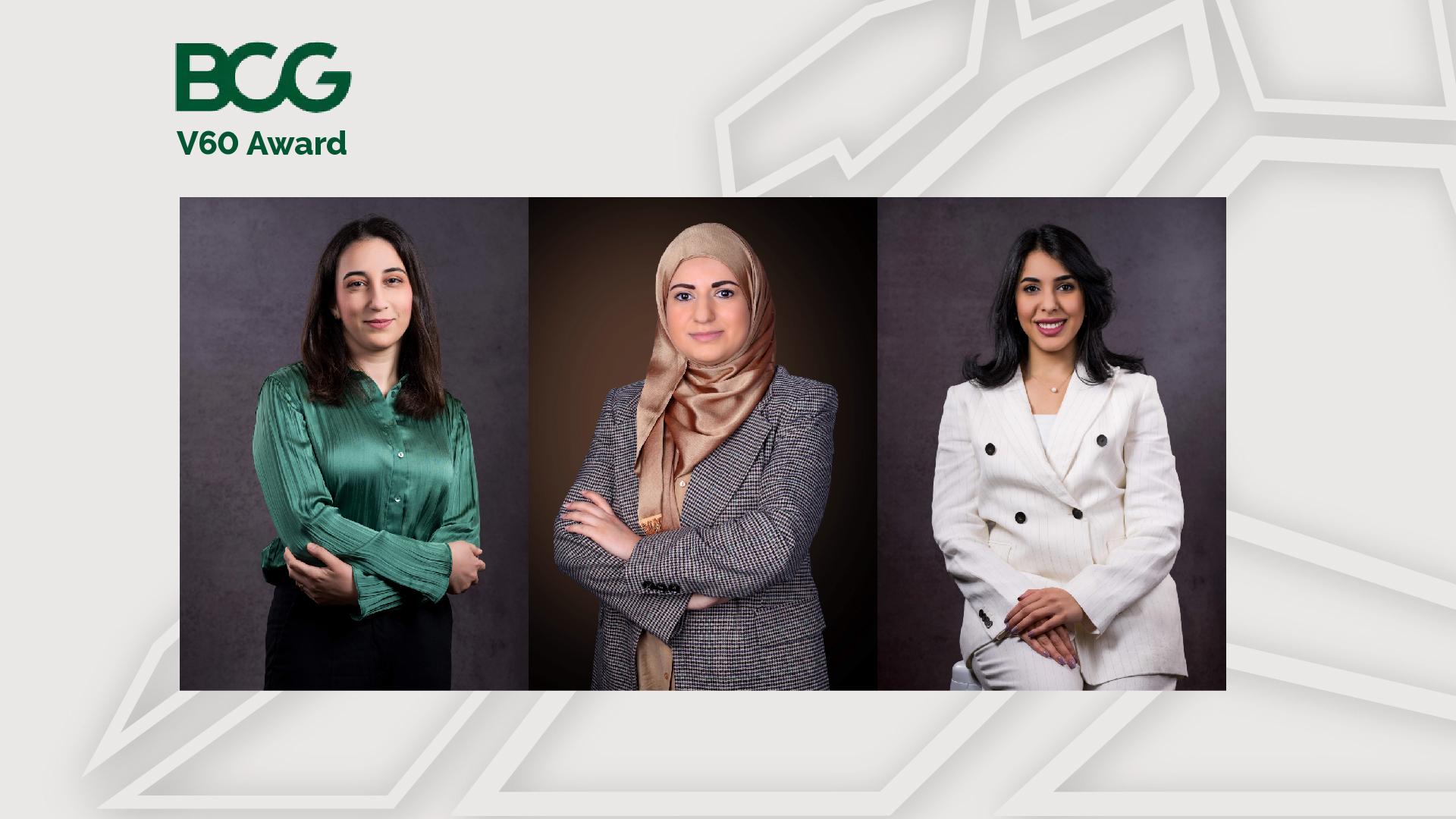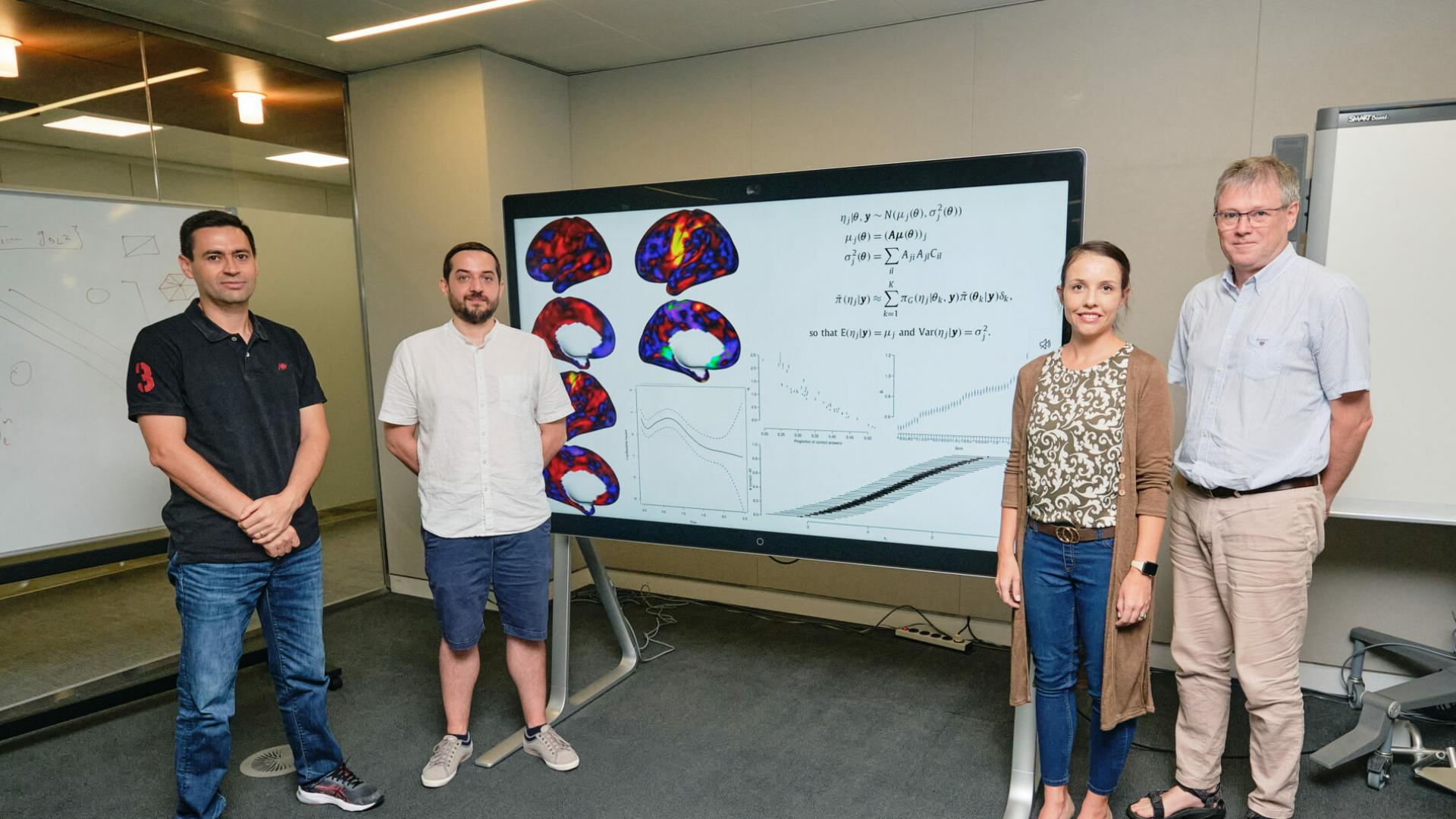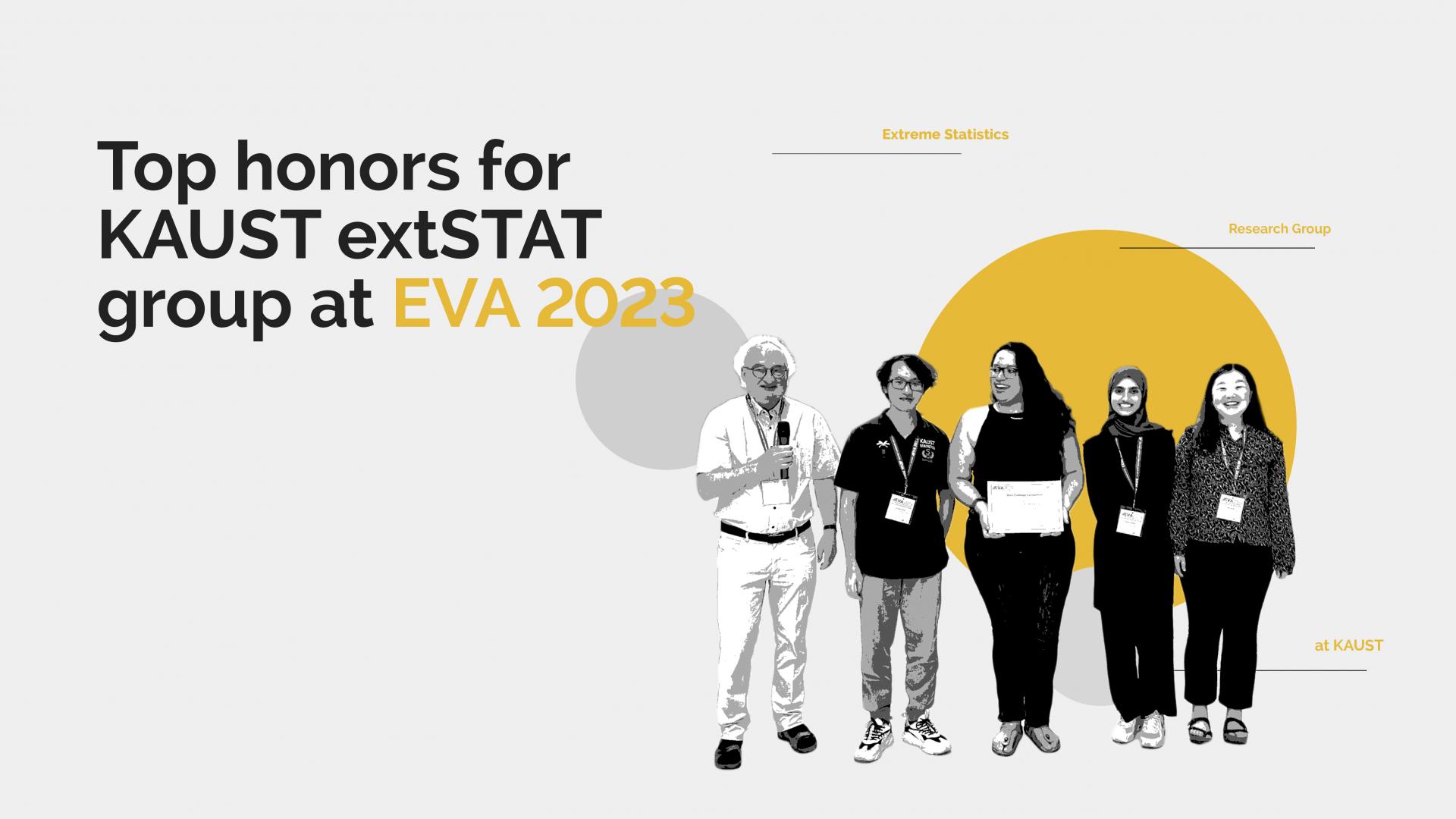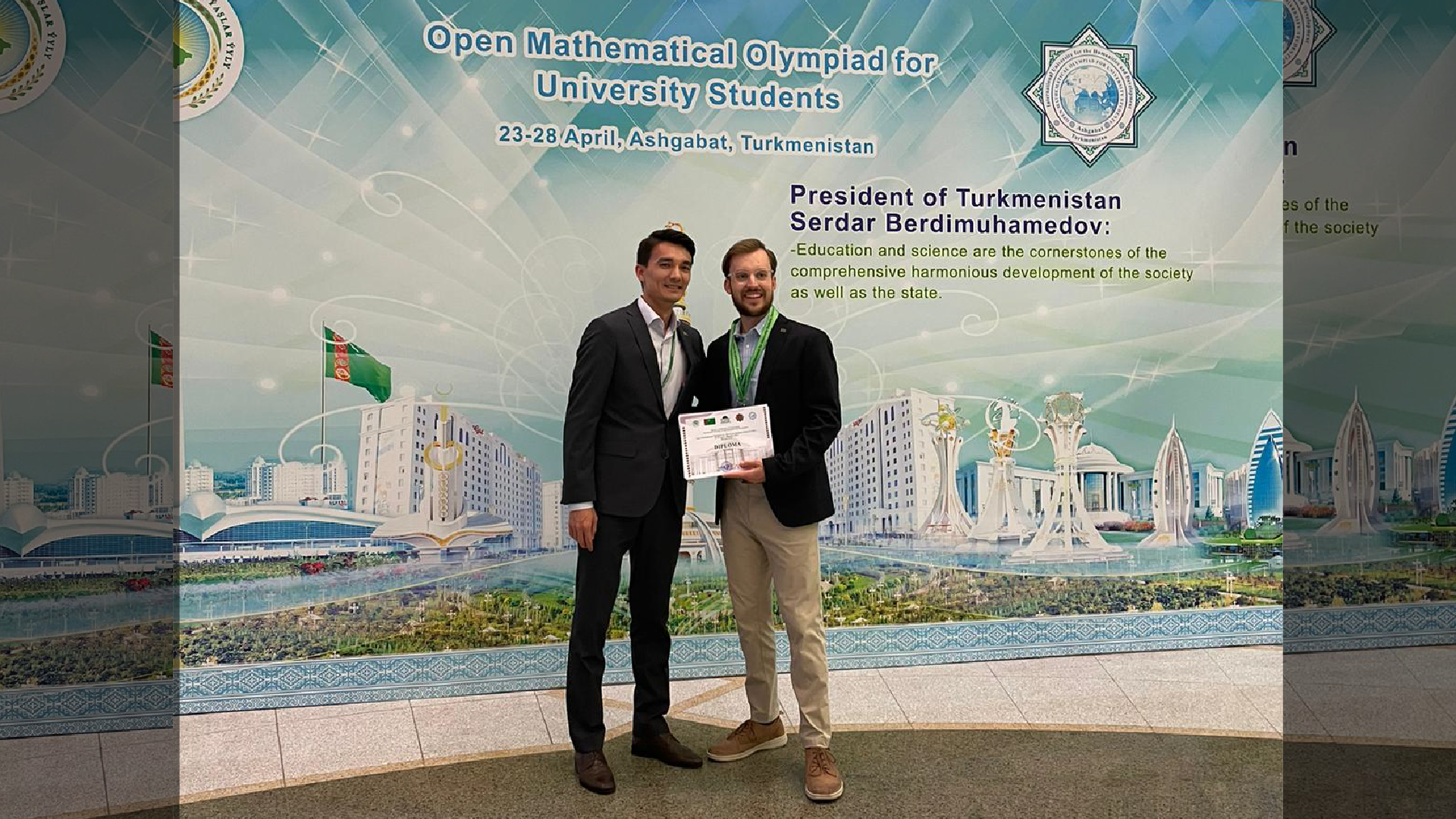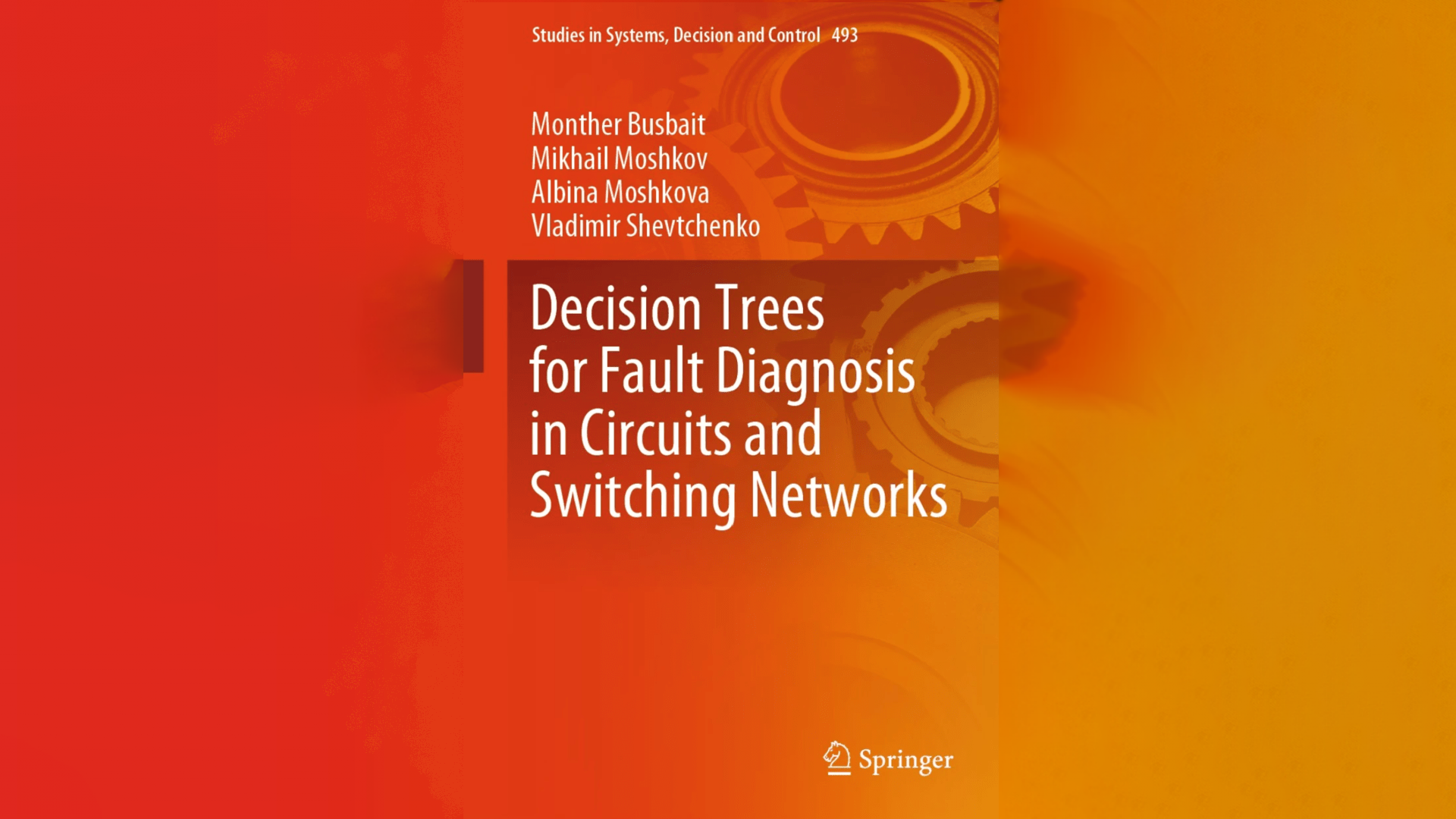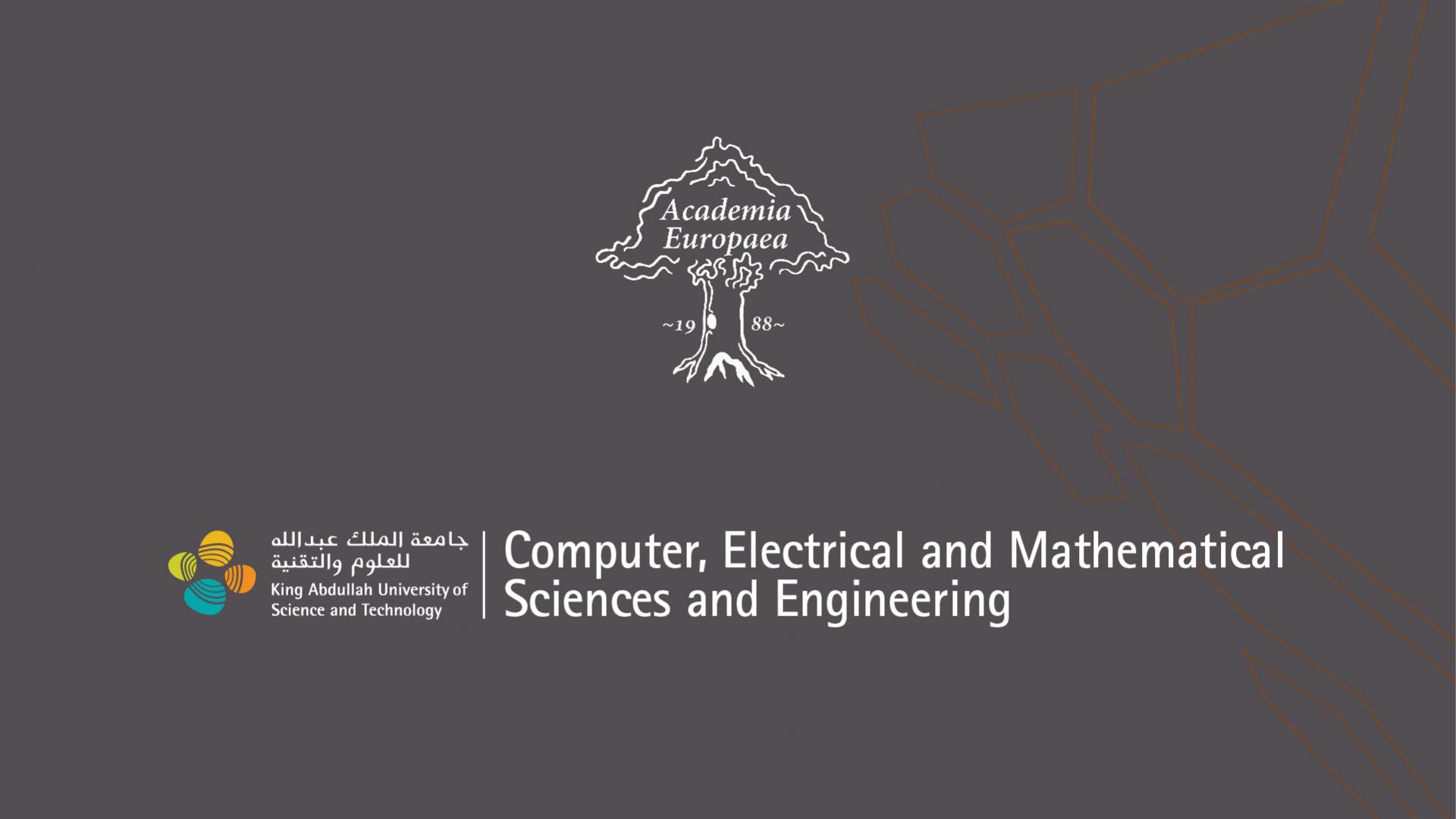KAUST Professor Marc Genton, a pioneer in environmental statistics, was awarded the prestigious 2024 Don Owen Award for his outstanding contributions to research, consultation, and service to the statistical community.
TOP500, the definitive voice of supercomputer statistics, has today confirmed King Abdullah University of Science and Technology (KAUST) operates the Middle East’s most powerful supercomputer, Shaheen III, with key details about its capabilities revealed at SC23, the international conference for supercomputing. Shaheen III is also ranked 20th in the world rankings.
KAUST shines at the 2024 BCG V60 Awards, with 11 women earning recognition for their groundbreaking work in climate and sustainability across various fields.
Six years ago, Dr. Matteo Parsani, associate professor of applied mathematics and computational science at King Abdullah University of Science and Technology (KAUST), experienced a life-changing incident that resulted in the loss of movement and sensation in the lower part of his bod
Traversing from East to West across 10 cities throughout the Kingdom in 30 days, King Abdullah University of Science and Technology (KAUST) Professor of Applied Mathematics and Computational Science Matteo Parsani concludes his journey “Athar: East to West.”
A "deep" many-layered neural network does the heavy lifting in calculating accurate predictions from large complex environmental datasets.
Simulations that match patients with chronic kidney disease to suitable donors will enhance the efficacy of the new Saudi National Kidney Donor Exchange Program.
An efficiency upgrade for an already fast approximation method enables accurate near-real-time modeling of complex systems and large datasets.
KAUST: Pushing the Frontiers of Science and Technology
KAUST extSTAT Research Group wins prestigious awards at EVA 2023 Conference in Milan.
Applying a penalty for increasing complexity provides better control over flexible statistical models.
KAUST students Kerven Durdymyradov and Charles Edward Sexton, shine at the Open Mathematical Olympiad for University Students in Ashgabat, Turkmenistan, with Sexton receiving a bronze medal in the individual competition and their team securing a silver medal in the team competition.
A new book titled “Decision Trees for Fault Diagnosis in Circuits and Switching Networks” by Monther Busbait, Mikhail Moshkov, Albina Moshkova and Vladimir Shevtchenko has been published online
Weather variability and extreme events affect the optimal design and operation of renewable energy systems, particularly for striking a trade off between life cycle cost and carbon dioxide emissions.
KAUST CEMSE Division professors Peter Markowich and Jinchao Xu have been elected members of the prestigious Academia Europaea.


